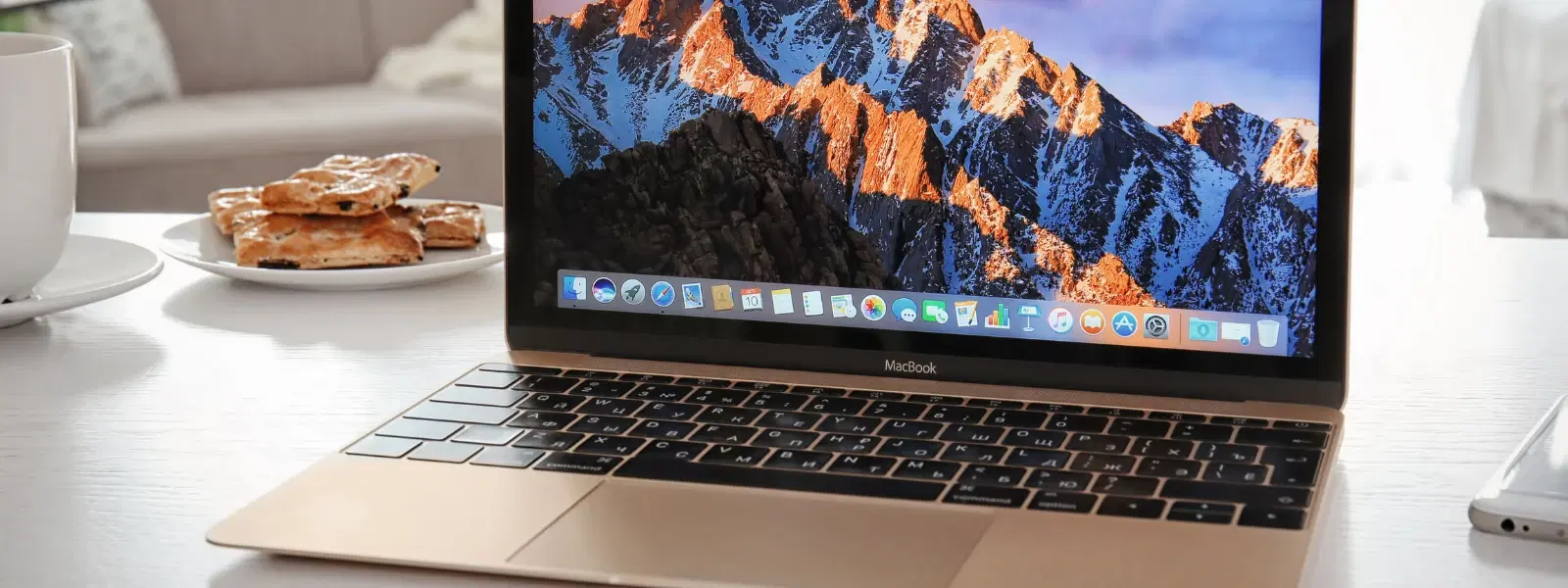
Consumer Electronics
•04 min read
Are you ready to dive into Java development on your Mac? Installing the Java Development Kit (JDK) is your first step toward unlocking the power of Java programming. This guide offers a clear, step-by-step checklist for setting up a smooth Java environment on your macOS. It covers everything from preparing your system, downloading and installing JDK, configuring your environment variables, to troubleshooting common issues. By the end of this guide, you'll be well-equipped to start compiling and running Java applications with ease.
Before beginning your installation, make sure your Mac meets the minimum system requirements. Generally, recent versions of macOS are supported, and the hardware should be compatible with running Java development tools effectively. Checking your system version and available memory can help ensure the installation process is as smooth as possible.
When deciding how to install JDK in Mac, consider the differences between various JDK distributions. Whether you decide to install java on Mac through Oracle JDK, OpenJDK, or another variant, it is important to pick a version that fits your development needs. Many developers prefer JDK 11 for its stability, while others choose JDK 21 for exploring new features.
Your journey begins by visiting the official website for downloading the JDK. This serves as your trusted source for acquiring the software and ensures that you are getting a genuine and safe installer.
When you arrive at the download page, carefully choose the version that matches your macOS architecture. Following a precise mac jdk installation guide can reduce the risk of selecting an incompatible version.
After selecting the appropriate version, proceed to download the installer. It is important to verify the installer’s authenticity using checksum values if available. This extra step secures your system against potential issues and confirms that the file is exactly what it should be.
The most straightforward approach is to use the graphical installer provided. This method is ideal for most users as it guides you through each step with on-screen prompts. As you progress through the installer, you'll be asked to accept licence terms and select the installation path. The process is designed to be intuitive even if you are taking your first steps in Java development.
For users comfortable with the terminal, using Homebrew is an excellent alternative. To begin, update Homebrew by running the command brew update. Then, search for available JDK versions by typing brew search openjdk, and install your chosen version with brew install openjdk. This mac java setup tutorial offers a more customised installation process and can be particularly helpful if you need to manage multiple toolsets.
After installing your JDK, the next essential step is configuring the environment variables. Setting up JAVA_HOME is crucial for running Java applications smoothly. You can do this by editing your shell configuration files such as .zshrc or .bash_profile. Simply add a line that points to your JDK installation directory. By configuring the java environment mac properly, you ensure that your system can easily locate the Java executables.
It is important to verify your installation to confirm that everything is set up correctly. Open your terminal and run the command java -version. If the installation was successful, the terminal will display the installed Java version. You can further test your setup by compiling and running a simple Java program. This final step confirms that your jdk setup mac is fully operational, paving the way for your Java development journey.
Pro Tip: Avoid Common Installation Pitfalls
Did you know that skipping the configuration of
JAVA_HOMEcan lead to runtime errors in Java applications? Always verify your environment variables after installation to ensure seamless development.
Even with a detailed guide, some common errors may occur during the installation process. Issues such as incorrect file permissions or missing dependencies can be frustrating. In these instances, revisiting the installation steps and verifying file integrity typically resolves the issue. Being patient and methodical in confirming each step is key to overcoming these challenges.
If you need to remove the JDK for any reason, the process is straightforward. You can safely uninstall the JDK by deleting its directory from /Library/Java/JavaVirtualMachines and removing any related environment variable configurations. This ensures that your macOS remains free of redundant files and settings.
Run the command brew install openjdk in your terminal. After installation, configure the JAVA_HOME variable in your shell configuration file.
Oracle JDK comes with commercial support and additional features, while OpenJDK provides an open-source implementation of the Java platform.
Open the terminal and run java -version. This command displays the Java version if the installation was successful.
Yes, you can install multiple versions and use management tools to switch between them if required.
Remove the JDK directory from /Library/Java/JavaVirtualMachines and delete any associated environment variable entries.
This comprehensive checklist highlights all the key steps in installing, configuring, and troubleshooting the JDK on macOS. Whether you choose to install java sdk mac using a graphical installer or a package manager like Homebrew, following these instructions helps ensure a seamless setup process. The guide not only explains how to download and verify the installer but also offers solutions to common problems, ensuring that your java installation macOS experience is stress-free. Embracing this methodical approach aligns perfectly with the smart, efficient shopping and rewards offered by Tata Neu, where a seamless experience is at the heart of our service, including NeuCoin rewards that enhance every transaction. With express delivery available in selected locations for purchases made before 6pm, our customers can rely on both convenience and quality. Armed with these insights, you can now confidently embark on your Java development journey on macOS.